Currently, many Vietnamese businesses, especially small and medium-sized enterprises, tend to establish an in-house legal team instead of allocating significant costs to establish and maintain an independent legal department. However, because an in-house legal team consists of personnel not directly under the management authority of the enterprise, establishing and maintaining such a team may also entail certain risks. Moreover, without proper adjustment, management, and operation, maintaining such a team can also waste the enterprise’s resources. Therefore, through this article, A&D Law Firm will provide readers with an analysis titled “How to Establish an Effective In-House Legal Team for Your Organization”.
Steps to Establish an Effective In-House Legal Team for Your Organization
Step 1: Identify the Usage Needs
Based on the business situation and the industry’s activities, each enterprise will have different needs for legal services provided by various in-house legal teams. Depending on the specific nature of each industry, business field, and organizational structure, the enterprise will choose legal areas requiring support from in-house lawyers. To identify the necessary areas, the enterprise can set criteria for evaluation, such as:
- The nature and level of risks related to business activities.
- Compliance requirements with legal regulations.
- Long-term strategic orientation of the enterprise.
By identifying such general criteria, the enterprise will clarify its usage needs for its in-house legal team and optimize the related costs effectively.
Step 2: Market Research on In-House Legal Services at Reputable Law Firms
Before establishing an effective in-house legal team for the enterprise, researching the market for in-house legal services at reputable law firms is a crucial step. This helps the enterprise gain an overview of the current market situation and provides necessary information to shape a suitable personnel strategy. Currently, law firms provide a wide range of in-house legal services with various fields and prices. This allows enterprises to compare and choose between different service price ranges corresponding to the legal areas they need support in. Enterprises can proactively refer to the fees of many reputable law firms to have a basis for comparing legal service fees, service quality, and scope of work of each unit before making a selection. Enterprises can also evaluate the quality of legal services of law firms through reading articles, industry magazines, or even seeking feedback from businesses that have used their services, thus choosing suitable legal services provided by reputable and competent lawyers in the corresponding field.
Step 3: Determine the Budget for Using In-House Legal Services
To establish an effective in-house legal team for your organization, determining the budget for using in-house legal services is also an important step to ensure efficiency during implementation. Based on financial capacity, the enterprise should set a specific budget for using in-house legal services. This helps ensure the reasonable allocation of the enterprise’s resources, avoiding budget overspending that may affect other activities. Clearly defining the budget and reserves also helps the enterprise make appropriate choices regarding the number, quality, and legal areas that in-house lawyers will participate in supporting the enterprise.
Step 4: Establish a Work Monitoring System with In-House Lawyers and Build an Evaluation Criteria System for In-House Lawyers’ Work Results
The nature of legal services differs significantly from other fields such as accounting, engineering, banking, etc. Therefore, evaluating the results of the in-house legal team is often complex and requires the enterprise to have a detailed work monitoring system, such as specific recording of activities, progress, and results of each project or case, or establishing a separate criteria system for legal services regularly provided by in-house lawyers, etc. Additionally, when entering into contracts for legal services, the enterprise also needs to pay attention to terms related to the scope of work, completion time, tasks outside the scope of services, and conditions for determining completion of work to ensure monitoring and understanding of the work that in-house lawyers are performing, thus being able to evaluate the results of the in-house lawyers’ work.
Points for Enterprises to Note When Operating an In-House Legal Team
- Regarding the Confidentiality of Enterprise Information: Concerning information security, when entering into contracts for legal services, the enterprise needs to pay attention to provisions related to providing information and documents to in-house lawyers. Specifically, the enterprise needs to sign a confidentiality agreement with the providing lawyers to ensure confidentiality and have a basis for resolving disputes that may arise later (if any). By signing a confidentiality agreement, the enterprise can feel more secure when providing internal, business-sensitive, and trade secret information to in-house lawyers to perform legal services.
- Regarding the Scope of Work of In-House Lawyers: In addition to security issues, the scope of work of in-house lawyers also needs to be fully compatible with the specific needs of the enterprise. The enterprise needs to clearly define the legal areas requiring support and ensure that the legal services provided can meet these requirements. Typically, the scope of work for each case will have certain differences; therefore, the enterprise at each stage needs to reconsider, even propose modifications or supplements periodically quarterly or annually to ensure effectiveness with the legal services regularly provided by in-house lawyers. These amendments and supplements should be made as appendices to the contract to ensure consistency and inheritance of the scope of work from the original legal services contract.
- Regarding the Resolution of Disputes Arising with In-House Lawyers: In essence, in-house lawyers are one of the legal services provided by law firms for businesses. Therefore, during the performance of work, both parties may encounter disputes and conflicts of interest. In addition to issues related to security and the scope of work mentioned above, enterprises also need to consider requesting in-house lawyers to commit to not conflicting interests and/or agreeing in advance on governing law and choosing dispute resolution bodies in the event of disputes.
By following the steps outlined above and paying attention to the points mentioned, enterprises can establish and operate an effective in-house legal team, thereby contributing to enhancing the legal capacity and competitiveness of the enterprise in the market.
[Note: The content provided here is for informational purposes only and should not be considered as legal advice. For specific legal advice, please consult with a qualified legal professional.]







